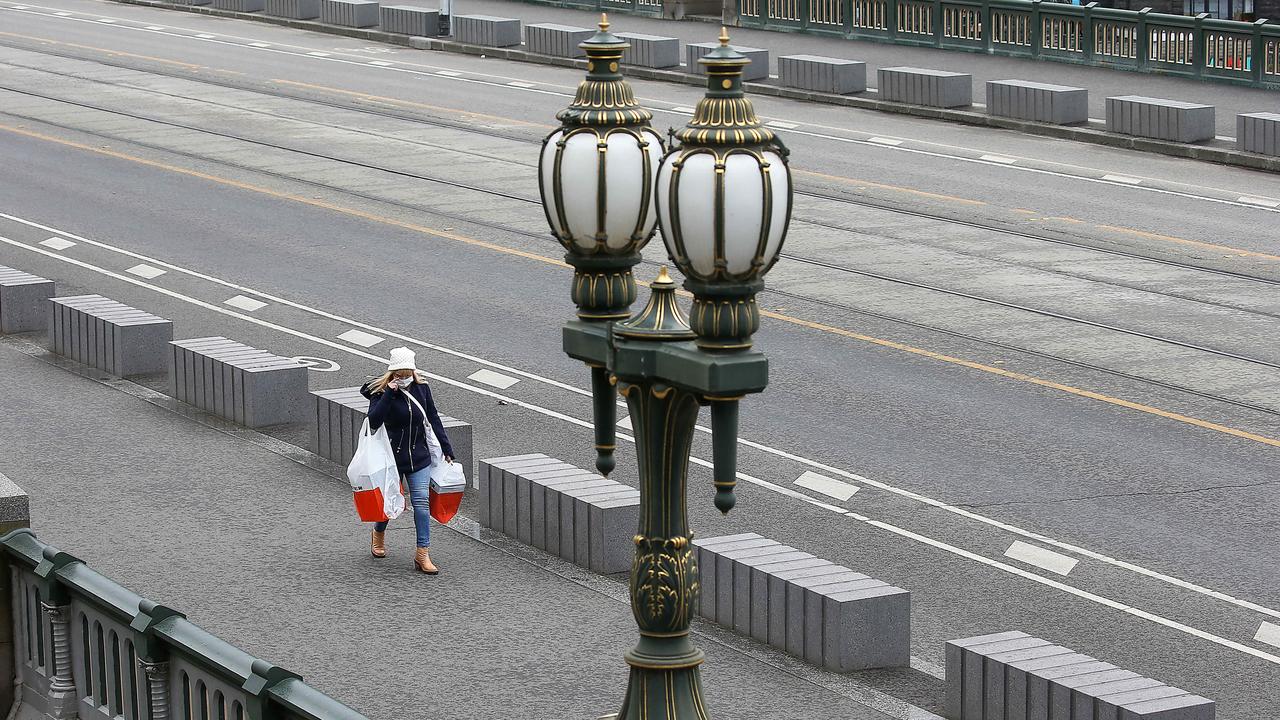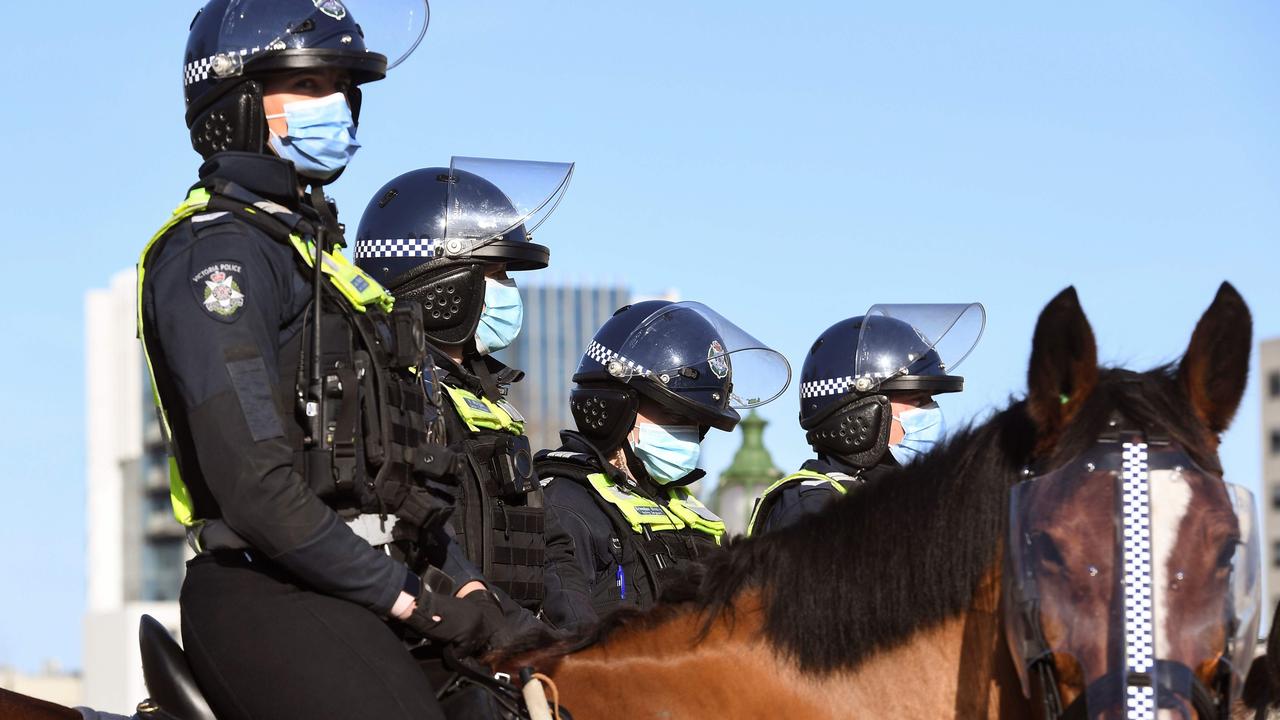Andrew Bolt: Andrew Hastie right to call out Chinese businessman Chau Chak Wing on bribery claims
CERTAIN things need to be said, and often a robust free press is the only avenue to truth, writes Andrew Bolt.
Andrew Bolt
Don't miss out on the headlines from Andrew Bolt. Followed categories will be added to My News.
ARE they kidding, I wondered on Wednesday. I kept hearing journalists ask: should Andrew Hastie have really said it?
What? Shouldn’t we discuss what this Liberal MP actually told federal parliament on Tuesday under parliamentary privilege?
Let me quote from Hastie’s speech: “(In) 2015, Sheri Yan was arrested for the transmission and laundering of over $US1 million of bribery money from China to United Nations officials ...
“Officials who accepted the bribes included the 68th President of the United Nations General Assembly, John Ashe.”
CHINESE BILLIONAIRE NAMED IN PARLIAMENT AS CO-CONSPIRATOR
Yes, you read that right. Ashe was later found dead after a barbell somehow fell on his neck as he exercised at home.
Hastie continued: “Yan’s … subsequent conviction in 2016 is also significant because of her longstanding connections to Australia though her husband, Roger Uren, a former assistant-secretary in the Office of National Assessments.”

Reported before, but wow.
“In 2013, Yan and an associate arranged for a $200,000 payment to be made to … Ashe in return for his attendance — in his official capacity — at a conference in China organised by a Chinese real estate developer referred to in (a US) indictment as Co-Conspirator 3 or CC-3.”
So who is CC-3? Hastie goes on: “CC-3 … was in close contact with the United Front, the influence arm of the Chinese Communist Party in 2007 …
“CC-3 is a Chinese-Australian citizen. He has also been a very significant donor to both of our major political parties. He has given more than $4 million since 2004. He has also donated $45 million to Australian universities … During discussions with US authorities, I confirmed … CC-3 is Dr Chau Chak Wing.”

Isn’t this worth knowing? So why is the debate just about whether Hastie should have told you? But then I figured the legal risk in doing so. Chau is suing the ABC and Fairfax over just these allegations, all of which he denies and says are defamatory.
I worked out that discussing these issues, other than just reporting Hastie’s use of parliamentary privilege — can be legally dangerous. Hastie raised this problem in his speech, to justify giving it: “My concern is that defamation cases can have a chilling effect on our free press …
“Our democracy only works if we have a free press that can publish information that serves the public interest.”
Maybe the real debate should be whether defamation laws too often protect the rich.


